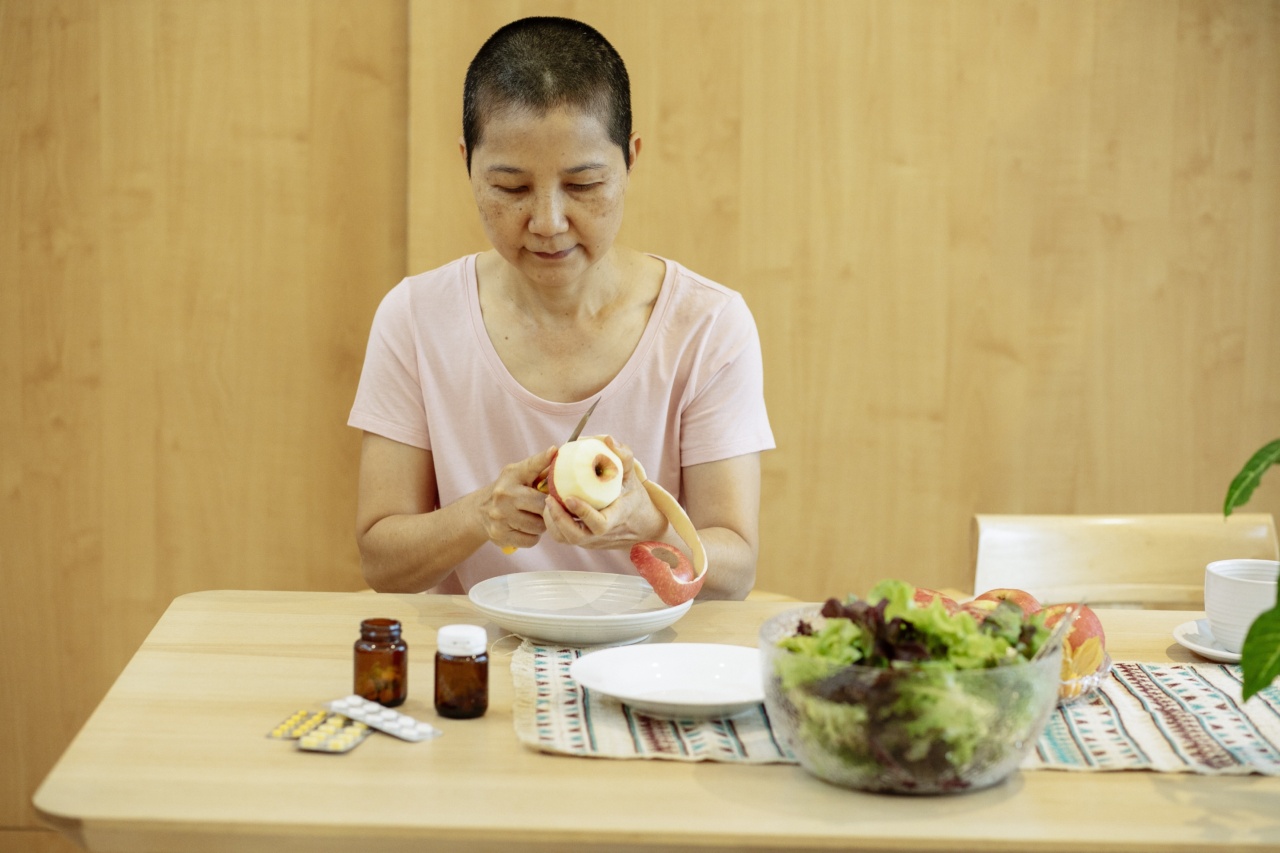Colon cancer is a deadly disease that can impact anyone. It is the third most frequently diagnosed cancer worldwide, with over 2 million new cases each year.
Colon cancer is a result of abnormal cell growth in the colon, which can lead to the formation of tumors that can spread to other parts of the body.
While there are several factors that can increase the risk of developing colon cancer, the good news is that there are also several ways to reduce this risk.
One of the most effective ways to reduce the risk of colon cancer is through proper vitamin intake.
The Role of Vitamins in Colon Cancer Prevention
There are several vitamins that can help prevent colon cancer by reducing the risk of cell damage, improving the immune system, and preventing abnormal cell growth. The most important vitamins for colon cancer prevention include:.
Vitamin D
Vitamin D is one of the most important vitamins for colon cancer prevention. It helps regulate calcium absorption and is essential for bone health.
In addition, vitamin D has a powerful antioxidant effect, which helps protect the body from cell damage that can lead to cancer. Studies have shown that people with higher levels of vitamin D in their blood have a lower risk of colon cancer.
Vitamin E
Vitamin E is another important vitamin for colon cancer prevention. It is a powerful antioxidant that helps protect the body from cell damage.
In addition, studies have shown that vitamin E can help prevent abnormal cell growth in the colon, which can lead to the development of tumors.
Vitamin C
Vitamin C is a well-known antioxidant that helps protect the body from cell damage caused by free radicals. Studies have shown that people who consume high levels of vitamin C have a lower risk of developing colon cancer.
Vitamin B6
Vitamin B6 is an important vitamin for colon cancer prevention. It helps the body produce red blood cells and maintain a healthy immune system.
In addition, studies have shown that vitamin B6 can reduce the risk of colon cancer by preventing abnormal cell growth in the colon.
Folate
Folate is a B vitamin that is essential for cell growth and division. It helps the body produce healthy cells and repair damaged cells. Studies have shown that people with higher levels of folate in their blood have a lower risk of colon cancer.
The Best Sources of Vitamins for Colon Cancer Prevention
While it is possible to take vitamin supplements to reduce the risk of colon cancer, the best way to get these important vitamins is by consuming a healthy and balanced diet.
The following foods are some of the best sources of the vitamins mentioned above:.
: Vitamin D Sources
- Sunlight
- Fatty fish (such as salmon and tuna)
- Egg yolks
- Mushrooms
: Vitamin E Sources
- Nuts and seeds (such as almonds and sunflower seeds)
- Leafy green vegetables (such as spinach and kale)
- Avocado
- Broccoli
: Vitamin C Sources
- Citrus fruits (such as oranges and grapefruits)
- Berries (such as strawberries and raspberries)
- Leafy green vegetables (such as kale and spinach)
- Tomatoes
: Vitamin B6 Sources
- Poultry (such as chicken and turkey)
- Fish (such as tuna and salmon)
- Potatoes
- Bananas
: Folate Sources
- Leafy green vegetables (such as spinach and kale)
- Legumes (such as lentils and chickpeas)
- Asparagus
- Broccoli
Conclusion
Colon cancer is a deadly disease that can be prevented through proper vitamin intake.
By consuming a healthy and balanced diet that includes the vitamins mentioned above, you can reduce your risk of developing colon cancer and improve your overall health.































